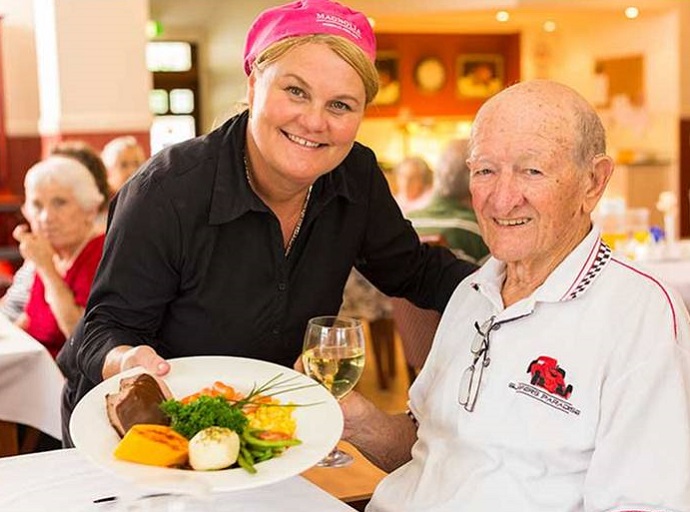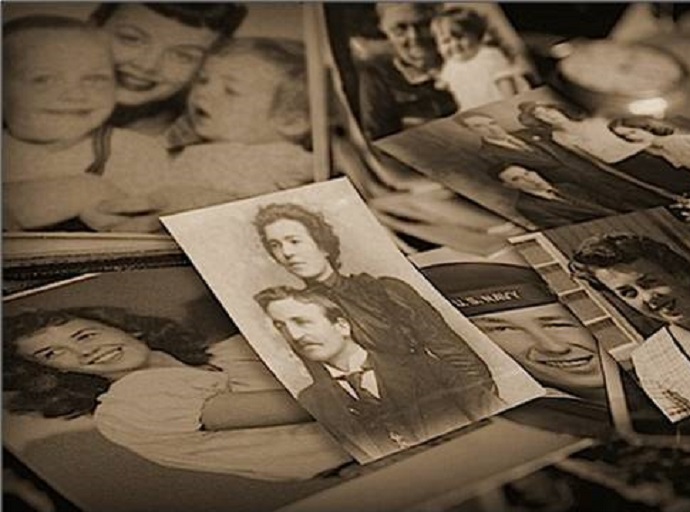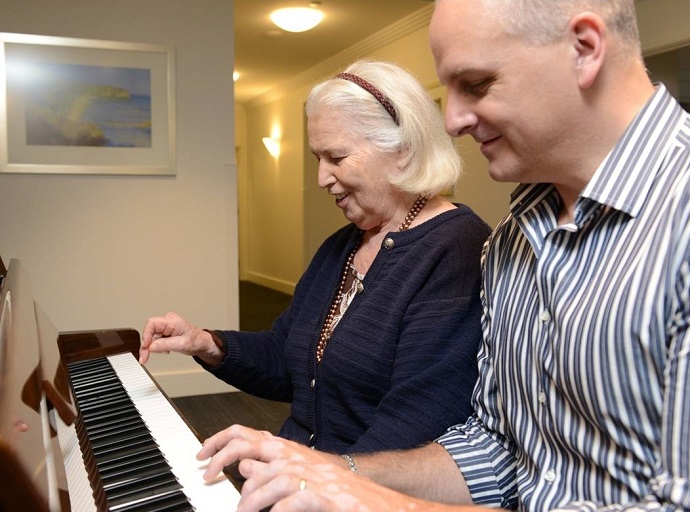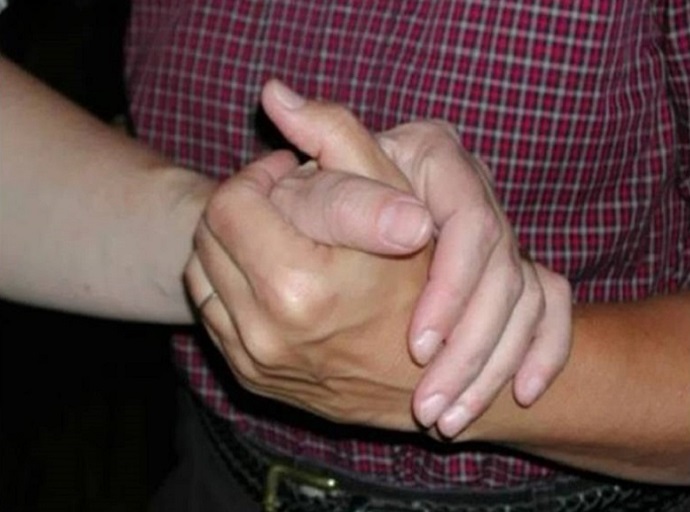


Everyone deserves dignity and respect and especially people with dementia. Our most vulnerable members of the community are no exception. we need to cover the person up when body parts are exposed, clean up dropped food and fix dressing mistakes in a subtle and dignified manner to ensure the person is looking and feeling at their best. As carers we often have to think and act for them and being well prepared and ahead of the game is the best approach to take.


When you are caring for someone with dementia you need to be constantly looking for clue and signs. Most importantly signs of pain and feelings that are not positive are the ones we need to interpret first and foremost. If someone is in pain they may have a frown or grimace on their face, they may be striking out or shifting their weight or fidgeting near areas of pain.
We also need to keep an eye on other residents in nursing homes as you may pick up some significant things about them which you can report to nursing staff and help them receive better care. If medications are changed or altered this is a key time to look for side effects and any changes in body language and behaviour. Make sure you report and changes no matter how insignificant. These can often determine a person’s future well being.


Dementia care is all about adapting to the person and not them having to adapt to our world. We need to remain totally flexible as a person with dementia can often change their mood very quickly. If you are taking a person on an outing be prepared to change plans with no notice. If you are doing activities with them always have plan A, plan B, plan c & plan D in readiness. Be one step ahead of things and foresee any danger or difficulties before you have to face them.


It doesn’t matter if the person with dementia makes small mistakes or errors. They may not dress in a normal way and be unable to co-ordinate their clothes. The person may do things that are embarrassing or inappropriate in public. It is our role to cover those mistakes for them as quickly as possible and protect them. The person with dementia is doing the best they can and we need to have their dignity in mind at all times.


If you are arguing with a person with dementia….you are not caring for them properly! The person often may not have the insight or understanding to establish what you are trying to communicate to them. You need to say ‘sorry’ often and take the blame for just about everything. The person with dementia is not intentionally trying to be difficult but moreso trying to communicate an unmet need. Be the bigger person and avoid arguments or negative communication at all costs.


As a carer of someone with dementia your most valuable tool is ‘knowledge’ of the person. If you know their likes and dislikes you will be able to re-direct them to happy places if they become sad or agitated. The more you can learn about past schooling, hobbies, sports, family etc the better carer you will become. Their history can open up a ‘Pandora’s Box’ of conversations and positive communication.


Body language is the key ingredient to interpreting where a person with dementia is at. The more you study the small signals and mannerisms the better the conversations you will have. You can sometimes communicate for hours without the person with dementia saying any words if you can connect with their body language. The quicker you adapt, the better you can care for the person. If you are doing all the talking and not getting the right responses, change your game and use body language. You will notice the difference.


Life is too short not to have fun. Live in the moment with the person with dementia and enter their world. Once you understand where they are and what they are thinking and feeling, you will be opened up to an amazing new world. Ask plenty of questions and you will pick up cues. Don’t worry about what you look like, dementia care is about them. If you can put some sunshine into their life, you will feel much better for the experience.


Environment is extremely important in dementia care. People with dementia often are reacting to their environment which may be from loud noises, piercing sounds, mixtures of different tones and general clutter. The more we can reduce these confusing sounds and get back to a peaceful and calm environment the happier the person with dementia will be.


Reassurance can often be better than medicine! People with dementia are often lonely and scared and often cannot verbalize their feelings to receive the feelings they need addressed. By simply holding the person with dementia’s hand and stroking their arm of their shoulder blade you can provide the warmth and security that they may be missing.

Caring for people with dementia is completely different from caring for people with other medical conditions. Dementia has no cure as yet and the person’s brain is shrinking and subsequently they are losing function and finding daily tasks more difficult. There are many stages to dementia and over 120 different types of dementia. This means that no nobody’s journey is the same and different types of care are required at different stages.
There is a famous saying “If you have met one person with dementia… you have met one person with dementia”. Dementia is different and we need to accept it and embrace it. The care required is one of stepping into the person’s current perceived reality and enjoying it with them. We need the valuable clinical skills, but we also need the knowledge of the person which when we combine these two ingredients they form the basis of modern dementia care. Validating the person’s feelings is really important and can diffuse many a situation. We all like to feel we are understood and our feelings matter, and it’s no different for people with dementia.



 Facebook
Facebook Twitter
Twitter LinkedIn
LinkedIn